
|
The Astrology Center of America, 207 Victory Lane, Bel Air, MD 21014 Tel: 410-638-7761; Toll-free (orders only): 800-475-2272 |
|||||||
|---|---|---|---|---|---|---|---|
| Home | Author Index | Title Index | Subject Index | Vedic Books | Tarot | E-Mail: | |
 |
The Center for Psychological Astrology:Liz Greene & Friends |
 Liz Greene is founder & head of the Centre for Psychological Astrology, in London. Here is what she & her friends have produced. On this page: Books by Liz Greene herself. Liz Greene is founder & head of the Centre for Psychological Astrology, in London. Here is what she & her friends have produced. On this page: Books by Liz Greene herself.
My remarks on these two pages center largely around odds & ends found in the tables of contents. December, 2007: I am pleased to report the AFA is now importing CPA Press titles. See also the Faculty of Astrological Studies reading list for their first year students. The FAC is Liz Greene's alma matter. |
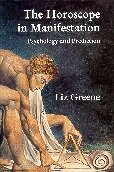
|
||

|
||
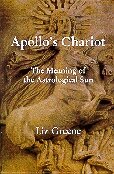
|
||
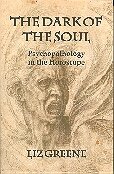
|
||

|
||
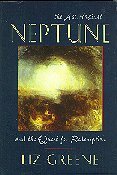
|
||
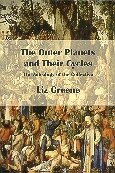
|
||
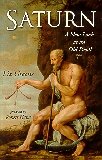 |
||
 |
||
 |
||
 |
||
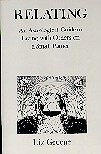 |
||
 |
||
See also:
The Mythic Tarot, cards & book set by Juliet Sharman-Burke & Liz Greene. Illustrated by Tricia Newell.

207 Victory Lane, Bel Air, MD 21014
Tel: 410-638-7761; Toll-free (orders only): 800-475-2272
| Home | Author Index | Title Index | Subject Index | Vedic Books | Tarot | E-Mail: |
Established 1993, The Astrology Center of America is owned & operated by David Roell.
This entire site (AstroAmerica.com) is copyright 1996, 1997, 1998, 1999, 2000 by William R. Roell.
All rights reserved.